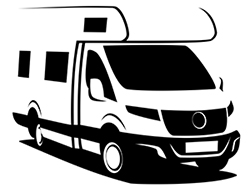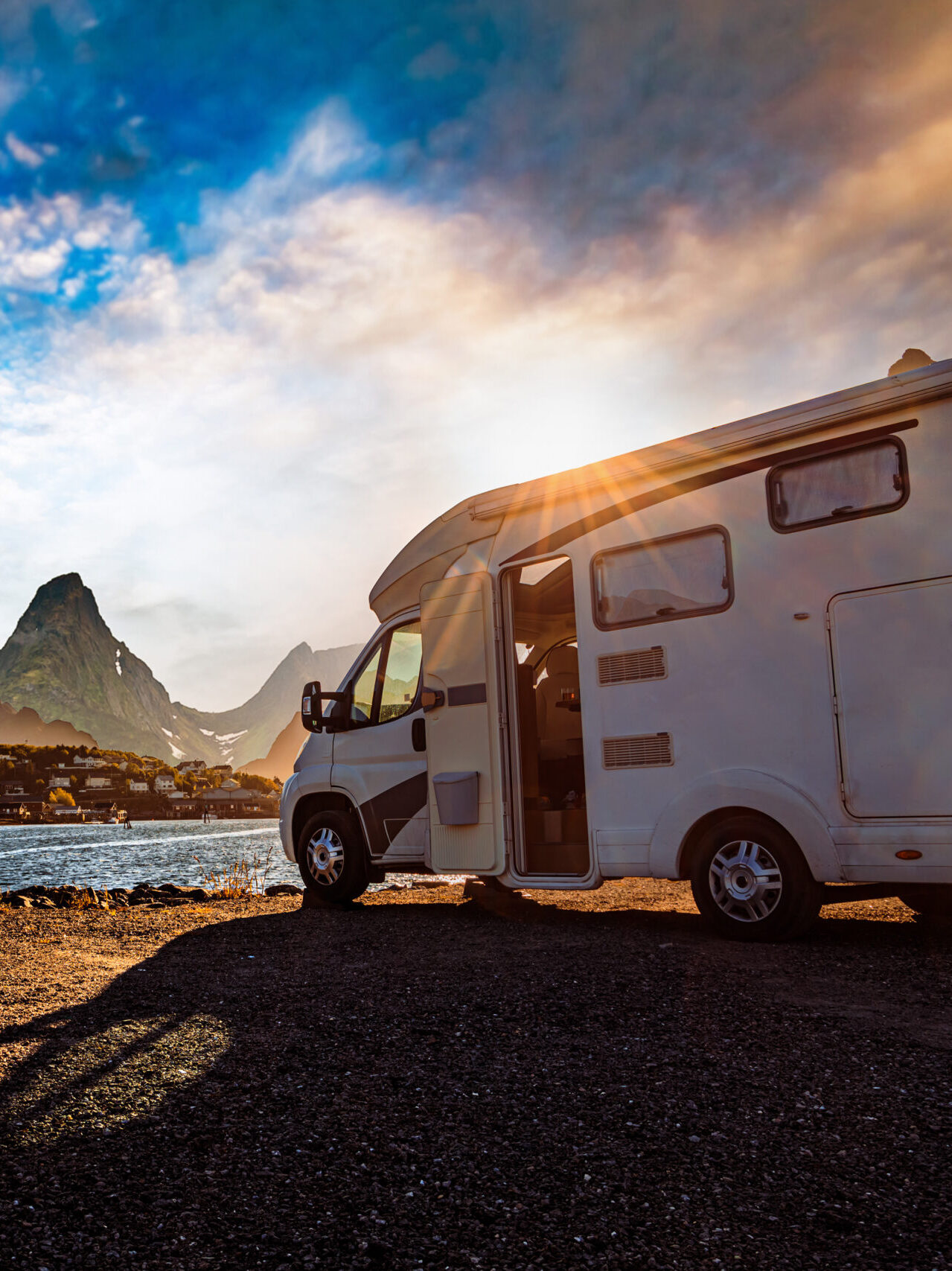🚌 RV Tips & Tricks for Beginners: Your Essential Guide to Hitting the Road with Confidence
Whether you’re about to embark on your first weekend camping trip or planning to live full-time on the road, RVing is an incredible adventure. But it comes with a learning curve! Here are some essential, detailed tips to help you start strong, inspired by Lippert’s expert advice and real-world RV wisdom.
1. Do Your Research Before You Buy
Before you even think about hitting the open road, take the time to learn about different RV types: travel trailers, fifth wheels, Class A/B/C motorhomes, and toy haulers. Each comes with its own pros, cons, and price range. Don’t rely solely on dealer recommendations—read reviews, watch YouTube walk-throughs, and ask RV communities online.
Pro Tip: Rent different RV types on Outdoorsy or RVShare to test drive your ideal setup before committing thousands of dollars.
2. When in Doubt, Size Up
If you’re debating between two RV sizes, go with the one that offers a little more space. A cramped RV can quickly turn a dream trip into a frustrating experience, especially if you’re stuck inside due to rain or need to share space with family, pets, or gear. A slightly larger rig gives you more flexibility for longer trips—and often a higher resale value.
3. Choose an RV That Matches Your Travel Style
If you’re a weekend warrior, a lightweight towable RV might be perfect. But if you’re hitting the road full-time or traveling across the country, you’ll want features like a full kitchen, washer/dryer hookups, and better insulation.
Think About:
- Storage needs
- Road comfort
- Off-grid capabilities
- Indoor workspaces (if working remotely)
✅ Before You Hit the Road
4. Practice Driving & Master Wide Turns
New RV owners are often surprised at how differently an RV handles, especially when turning. Practice in an empty parking lot, learning how your rig accelerates, brakes, backs up, and turns.
Key Skills to Learn:
- Backing into tight campsites
- Navigating gas stations
- Using side mirrors effectively
- Controlling trailer sway
5. Plan to Arrive Before Dark
Navigating an unfamiliar campground at night is no fun—and can be dangerous. You might not see tree limbs, narrow turns, or uneven ground. Arriving with daylight gives you time to:
- Choose the best spot
- Hook up utilities safely
- Adjust your leveling
- Unwind with a view instead of frustration
6. Use Checklists—Every Time
Checklists aren’t just for beginners. Even veteran RVers use them to avoid costly mistakes. Create separate lists for:
- Departure (disconnect water, raise jacks, close vents, secure items)
- Arrival (level RV, connect power/water/sewer, deploy awnings)
- Maintenance (monthly and seasonal upkeep)
Apps like RV Life and Lippert’s OneControl can help you manage these lists digitally.
7. Download RV-Friendly Apps
Technology can be a huge help when you’re RVing. Essential apps include:
- RV Life or CoPilot RV – GPS routing based on your rig’s size
- Campendium – Find boondocking and full-hookup campgrounds with reviews
- GasBuddy – Locate affordable fuel along your route
- LippertNOW or OneControl – Access manuals, maintenance schedules, and troubleshooting help
🏠 Campground Etiquette & Maintenance
8. Be a Good Neighbor
Campgrounds are communal spaces. Respect quiet hours, keep your site clean, and avoid walking through others’ campsites. A friendly wave goes a long way in building community. Bonus: You might get invited to share a campfire or swap road trip stories.
9. Respect Quiet Hours
Most campgrounds enforce quiet hours between 10 PM and 7 AM. Keep voices low, turn off loud music, and avoid running generators during these times. This helps everyone get the rest they need and keeps the experience peaceful for all.
10. Know How to Handle Waste and Seals
Learn how to properly dump your black and gray tanks—this includes using gloves, sanitation hose supports, and tank treatments. Always flush tanks fully and clean connections before storage.
Seal Tip: Regularly check for leaks around windows, roof seams, and vents. Resealing early prevents expensive water damage later.
11. Monitor Weather Conditions Closely
Severe storms, wind, or extreme temperatures can put you at risk.
- In hot weather: Use reflective shades, awnings, and fans to stay cool.
- In storms: Retract awnings, secure loose items, and be ready to move.
- In cold temps: Insulate pipes, use tank heaters, and monitor propane levels.
Staying weather-aware keeps your RV and your crew safe.
🔧 Advanced Planning Tips
12. Use RV-Specific Navigation
Standard GPS apps don’t account for your RV’s height, weight, or propane restrictions. An RV-specific GPS or app can help you avoid:
- Low clearance bridges
- Tight turns
- Roads with propane restrictions
- Weight-restricted areas
13. Understand Weight Ratings & Safety Limits
Every RV has a GVWR (Gross Vehicle Weight Rating) and a GCWR (combined with the tow vehicle). Exceeding these can cause tire blowouts, poor braking, and frame damage.
- Weigh your RV at a CAT Scale
- Know your tongue weight
- Balance cargo evenly
14. Keep Paper Backups of Important Info
Even in 2025, not every campground has reliable Wi-Fi or cell service. Bring printed copies of:
- Reservation confirmations
- Campground maps
- Insurance and registration
- Emergency contacts
🚣 Final Thoughts
RVing is one of the most rewarding ways to explore the world. By learning the basics, staying organized, and practicing good habits, you’ll enjoy smoother travels and fewer surprises. With Lippert’s expert tips and a little road-tested advice, you’re well on your way to confident and memorable RV adventures.
Happy travels and see you down the road!


No responses yet